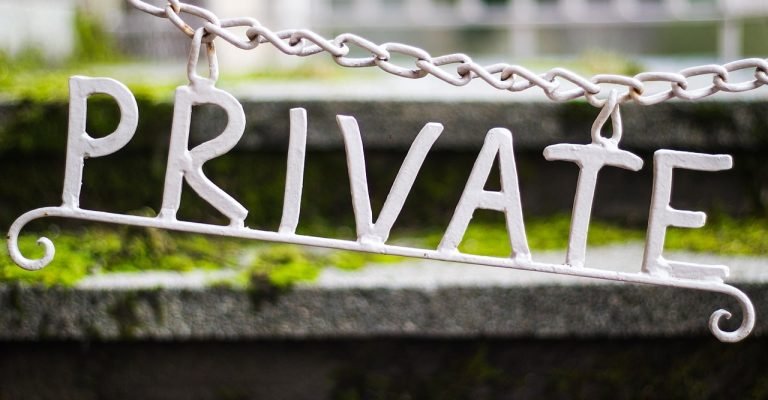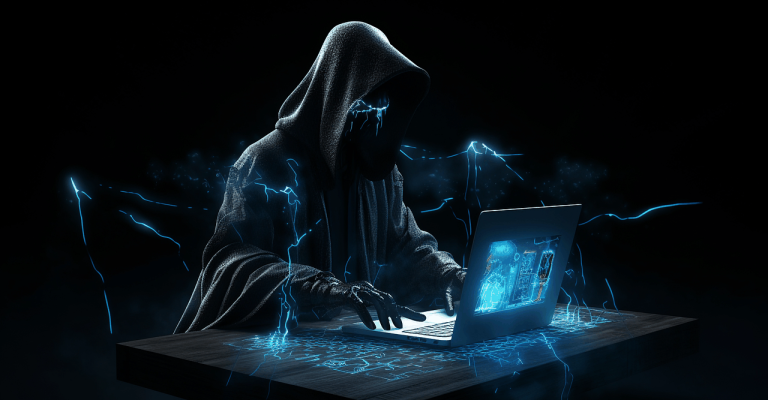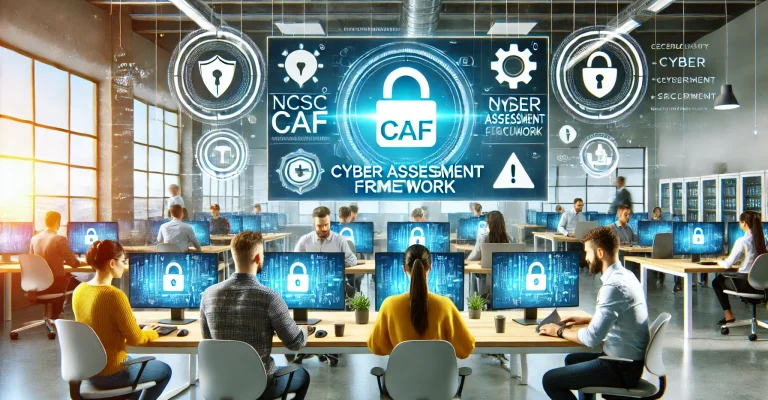In today’s digital world, protecting your creative works like books, music, and art is really important. This guide is here to make understanding how the UK laws work as simple as pie.
So, let’s dive in.
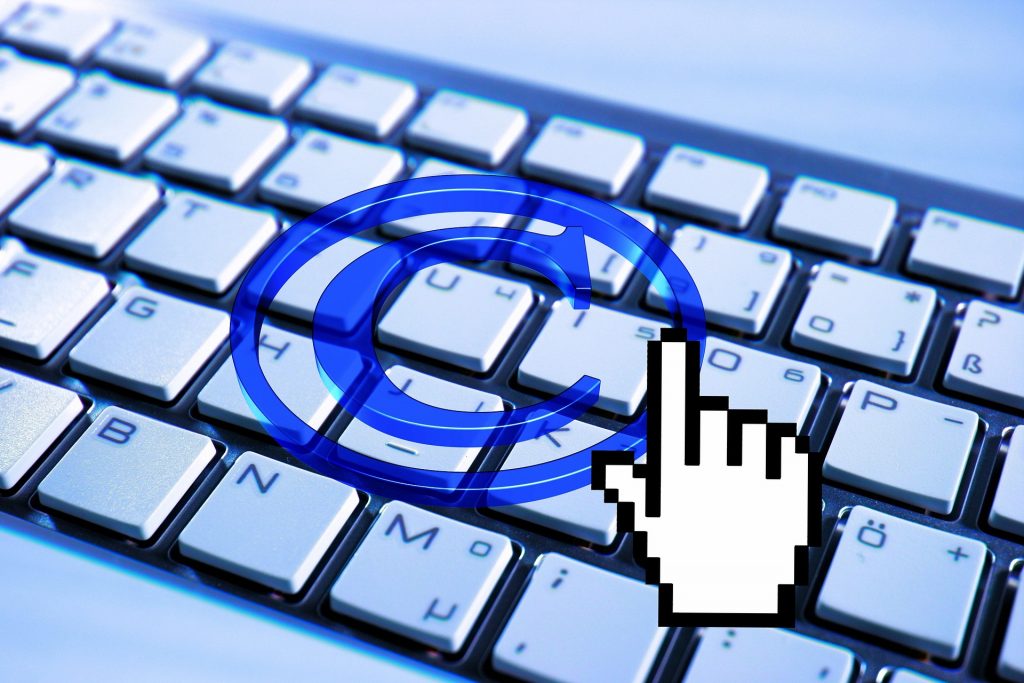
What Is Copyright?
Firstly, let’s talk about what we mean by “Copyright”. These are laws that help keep your original creations safe from people who might want to use them without your say-so. This is particularly important in the UK, where a law called the Copyright, Designs and Patents Act 1988 takes care of this. The law has had a few makeovers to keep up with our tech-savvy world.
Who Gets to Call the Shots?
So you’ve written a book or painted a picture. Who owns the rights to it? Usually, it’s you, the creator. But sometimes it’s not that simple:
- Work Stuff: If you make something as part of your job, generally your boss owns it. More about this is covered on GOV.UK.
- Paid Projects: Let’s say someone pays you to write an article or design a logo. The person who paid you might own the rights unless you’ve got a different agreement.
How Long Do These Rights Last?
Here’s another key point: your rights to your work won’t last forever. For most things like books or paintings, these rights last for your whole life and another 70 years after you pass away. For recordings and broadcasts, it’s generally 50 years. The UK Intellectual Property Office has more details on this.
What Gets Protected?
Now, not everything gets this special treatment:
- Written Works: Things like novels, poems, and even the code for a computer program.
- Musical Tunes: Songs, compositions, and lyrics.
- Movies: Yep, your homemade films are covered.
- Art: Photos, drawings, and sculptures.
- Other Stuff: This could even include databases and unique arrangements of data.
To get protection, what you create has to be truly your own and not copied from someone else, as mentioned by UK Copyright Service.
What Can You Do with Your Work?
As the rights holder, you can:
- Make Copies: You can create copies to sell or share.
- Share It: You can make it public in various ways, like publishing it online.
- Give Permission: You can let other people use your work, sometimes for a fee.
Can You Use Someone Else’s Work?
Sure, but be careful! You can use someone’s work for things like reviews or educational purposes without asking first. This is known as ‘fair dealing’, and GOV.UK gives some examples. Still, when in doubt, ask a lawyer.
How to Get a Green Light for Use of Copyright
Want to use someone else’s song or article? You need their okay. You can contact them directly or go through organisations that manage these permissions. Sometimes you’ll need to pay. More on this from UK Intellectual Property Office.
What Happens if You Break the Rules?
Breaking these rules can get you into hot water. The person whose rights you’ve infringed upon can take you to court. Penalties can range from paying money to more serious legal consequences.
Conclusion
Understanding intellectual property rights in the UK isn’t just a necessity for authors, artists, or musicians. It’s crucial for everyone. We live in an age where we constantly share, consume, and create content. This could be as simple as sharing a picture on social media, using a song in a personal video, or writing a blog post. Being informed about intellectual property rights helps you navigate this complex landscape with confidence.
Firstly, for creators, knowing your rights is empowering. It means you can share your work with the public, knowing fully well how to protect it from being misused. You also understand the legal avenues you can pursue if someone does misuse your work. Moreover, being educated about these rights provides a foundation for monetising your creative output. Whether it’s through licensing agreements, merchandise, or direct sales, knowledge is the key to making informed decisions.
For consumers and users, understanding these rights is equally crucial. It ensures that you respect the hard work and creativity of others. It safeguards you against potential legal pitfalls that could come from unknowingly using someone else’s work without permission. It’s not just about avoiding penalties; it’s about fostering a culture that values and respects individual creativity.
Also, for businesses, especially those that deal with content creation, branding, or any form of innovation, being well-versed in intellectual property law could save you from costly lawsuits and reputational damage. A simple act like using a copyrighted image without permission in your company’s advertising could lead to serious legal consequences.
For more infomative articles see Cyber Made Simple section on Security & The Law
